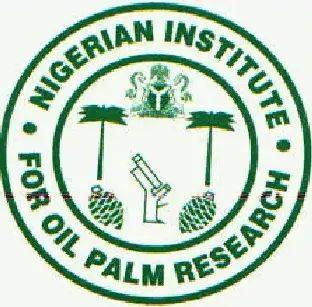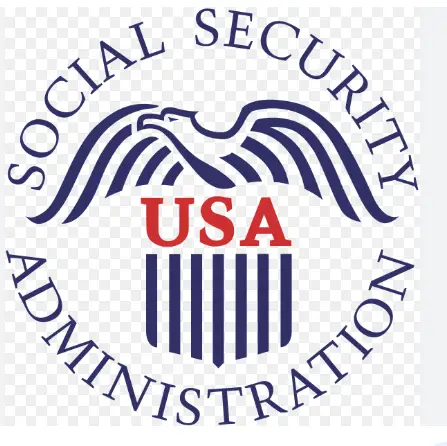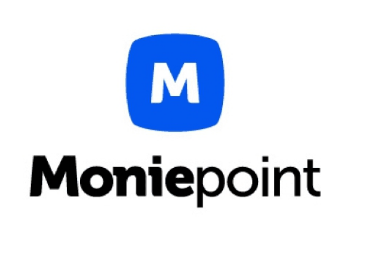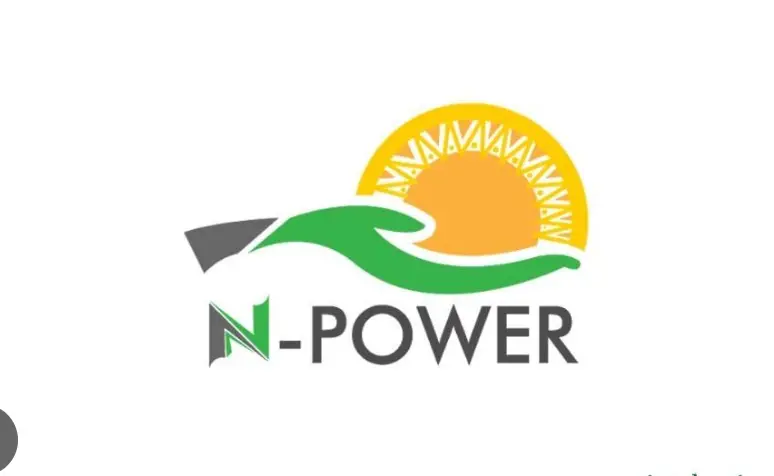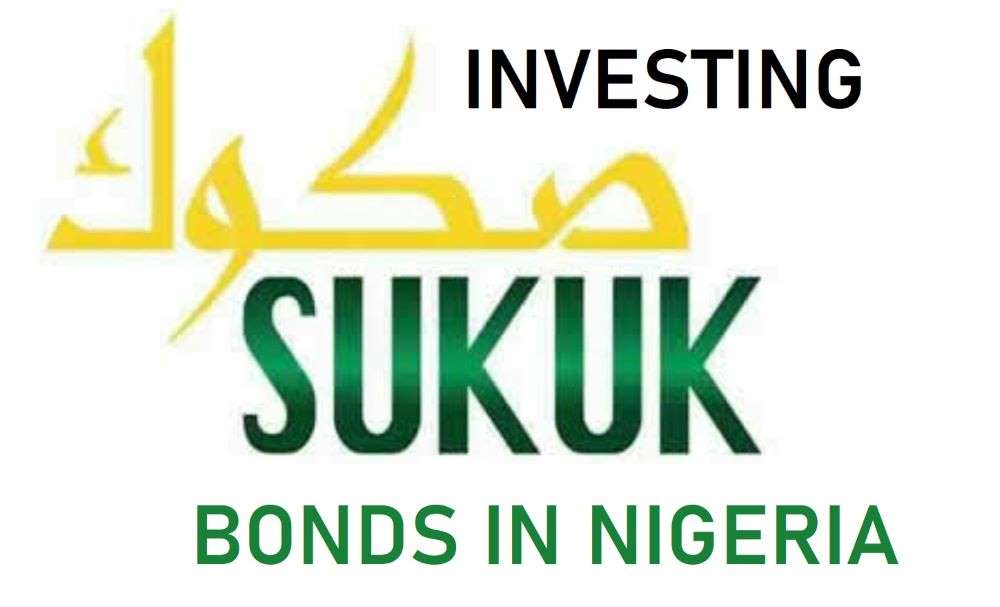
Sukuk Bonds in Nigeria Explained
Sukuk Bonds in Nigeria Explained
Learn more about Sukuk Bonds in Nigeria Are you an investor in Nigeria looking for a platform or company to invest in? If yes, we’ve carefully explained everything you need to know about Sukuk Bonds and how to buy them.
Have you been searching online for genuine information concerning Sukuk Bonds in Nigeria?
It’s okay. I recommend you carefully read this article to the end to learn everything about Sukuk Bonds in Nigeria, how to apply, and the requirements.
Origin of Sukuk Bonds?
The Sukuk, an Islamic paper used for financial commitments from trade and other transactions, is as old as Islam, with its first transaction occurring in Damascus, Syria in the 7th Century AD.
Also, the resurgence of Sukuk has been fueled by the recognition of the concept by the Islamic FIQH Academy of the Organization of Islamic Countries (OIC) and the Accounting and Auditing Organisation of Islamic Financial Institutions (AAOIFI), leading to the Malaysian Government’s successful issuance in 1983.
The creation of Sukuk aims to offer a Shariah-compliant alternative to conventional bonds.
As you can see, there is a lot to learn here. I recommend that you go through the text line by line.
Check These Out:
Best Paying Jobs in Real Estate Investment Trusts in USA
Principles guiding the use of Sukuk Bonds
The financing and investment in Sukuk must adhere to Shariah principles, which are ethical standards based on Islamic law. The following are the principles guiding the Sukuk
- Sukuk funding projects must be beneficial and not harmful to society, such as alcohol dealings.
- The transfer of assets or property should be facilitated through a valid contract.
- Transactions must be permissible in Shariah and based on mutual consent.
- Transactions should be free from unlawful conditions such as deceit, fraud, uncertainty, or ambiguity that could lead to destruction or loss.
- Sukuk must be supported by or based on underlying assets.
- The Sukuk assets must be well-defined, physical, and known properties with commercial value, such as land, buildings, or machinery, owned by the seller.
- Sukuk holders’ returns are primarily derived from the revenue or cash flows of underlying assets, such as rent, profit, or disposal.
Structures of Sukuk Bonds
Sukuk structuring involves packaging Shariah-compliant asset pools, approved by Shariah advisers, and structured based on specific contracts of exchange. These contracts can be made through immediate, instant, or deferred payment, leasing, or joint-venture business participation.
How to Earn Income from Investing in Sukuk
The SPV offers Sukuk holders a return in the form of profit from sales, rentals, or a combination of both.
Sukuk Bonds Eligible Investors
The following are those who can invest in Sukuk
- Households: individuals and families, both local and foreign residents,
- Small businesses: The list includes traders, merchants, professionals, and other firms.
- Associations and Unions: Professional bodies, cooperative societies, student union governments, trade unions, town unions, and chambers of commerce are various organizations that collectively work towards common goals.
- Religious Bodies: This includes churches, mosques, etc.
- Educational institutions: be they primary, secondary, or even tertiary
- Individuals with a high network status
- Governments, states, and local government agencies can also invest.
Benefits of Sukuk Bonds
Listed below are the dynamic benefits attached to Sukuk Bonds
- Domestic issuers, including sovereigns and corporations, can utilize the Sukuk instrument to secure funding from the international market, thereby attracting direct foreign investment (DFI).
- The issuance of sukuk can attract domestic investment capital that adheres to Islamic principles.
- Sukuk is a popular investment product for faith-based and conventional investors seeking liquid, diversified, and attractively priced instruments with stable returns.
- Sukuk ensures that all financial activities are supported by real economic activity, promoting financial stability and real economic development.
- Sukuk, an investible product, serves as a liquidity management tool for Islamic financial institutions, including banks.
- Sukuk’s tradable nature allows investors to easily liquidate their investments, thereby increasing market liquidity.
- Low-cost financing is a cost-effective option as it doesn’t require any debt burden.
- Sukuk offers an alternative investment opportunity for the ethically conscious and non-ethically conscious population.
- Sukuk provides a potential alternative funding source for developmental and expansion projects.
- Sukuk structures promote better governance on corporate and institutional levels by mandating accountability to finance providers.
Risks Covering issuing or investing in Sukuk
- Interest rate risk: Sukuk certificates are influenced by interest rate fluctuations, as investment profit is tied to benchmarked interest rates and fixed payments, causing a drop in Sukuk value.
- Liquidity risk: Suuk certificates are typically held until maturity due to the absence of a well-structured and liquid secondary market.
- Shariah negligence risk: The issuer’s failure to adhere to Shariah rules and principles during the issuance of sukuk poses a risk of asset value loss.
- Credit risk: The creditworthiness of issues may be negatively impacted by adverse changes in market rates.
- Foreign exchange risk: exchange rate fluctuations can impact the assets in the Sukuk pool and the currency of the denomination in which Sukuk funds are accumulated.
- Default risk: Risk refers to the buyer’s ability to pay debts on time, the risk of irrecoverable assets or loans due to defaults or delays, and the risk of substandard goods or project delivery.
Participants in the Nigerian Sukuk Market
The following are the participants in the Sukuk market in Nigeria:
- Sovereigns
- Sub-nationals
- Corporate bodies
- Supranationals (International finance institutions)
- SPV
- Shariah Advisers
- Stockbrokers
- Issuing Houses
- Solicitors
- Underwriters
- Trustees
- Fund Managers
- Rating Agencies
- Banks
- Auditors/Reporting Accountants
- Investors (Local & Foreign)
- Regulators
How do I buy Sukuk Bonds
Sukuk can be purchased through Capital Market Operators registered by the Securities and Exchange Commission or through a stockbroker on recognized exchanges. So, if you’re interested, you can visit anyone of your choice.
Requirements for Sukuk Bonds in Nigeria
The SEC Rules mandate that a sukuk issuer must appoint a shariah adviser with sound knowledge of Islamic fiqh and experience in Islamic finance and capital market. The adviser must ensure the sukuk structure aligns with shariah principles, provide underlying assets as a condition for issuance, and provide ratings on all sukuk issues. Additionally, the adviser must deliver a documentary pronouncement on sukuk compliance to the SEC.
Frequently Asked Questions
Q. Can sukuk be sold in the secondary market?
Yes. Trading can be conducted by licensed dealers on the secondary market, specifically on the Nigerian Stock Exchange floor and the FMDQ OTP.
Q. How does sukuk work in Nigeria?
A sukuk is a type of bond that represents an interest in a Sharia-based funding arrangement, granting the holder a proportionate share of the returns generated.
Q. How do you profit from sukuk?
Sukuk investors receive periodic profits from the underlying asset, while bond investors receive periodic interest payments.
Q. Who can issue a sukuk in Nigeria?
Issuers, including sovereigns, companies, and financial institutions, can raise funds through the issuance of Sovereign, Sub-national, or Corporate sukuks.
Q. Is sukuk a debt or equity?
Sukuk is a form of securities where the issuer sells certificates to investors, who then purchase the asset using the proceeds and receive partial ownership and part of the asset’s profits.
Q. What is the difference between sukuk and bond?
Bonds involve consumers as loaners and bond issuers as recipients, with fixed interest rates, like Riba. In contrast, sukuks involve purchasing valuable assets, unlike implicit loan agreements.
Q. Who can invest in sukuk?
ETBS now offers easy access to the bonds/sukuk market to all investors, transforming the past market access to high-net-worth and institutional investors.
Recommended
- List of Companies in Uyo with Address – Uyo top Companies
- Oil and Gas Companies that Accept Nigerian Students for Industrial Training
- Full List of Companies that Accept SIWES Students in Nigeria
- 50 Companies where Accounting Graduates can Work in Nigeria
- List of Companies in Aba with Address – Aba top Companies
- List of Companies in Lagos with Address – Lagos top Companies
- List of Companies in Jos with Address – Jos top Companies
- List of Companies in Calabar with Address – Calabar’s top Companies
- Full List of Foreign and International Companies in Nigeria
- Shipping Companies from USA to Nigeria
- Top Tech Companies in Nigeria
- Top Shipping Companies in Nigeria
- List of Manufacturing Companies in Nigeria
- List of Public Companies in Nigeria
- TOP 25 COMPANIES THAT RECRUIT REMOTE WORKERS
- List of Investment Companies Registered with SEC in Nigeria

